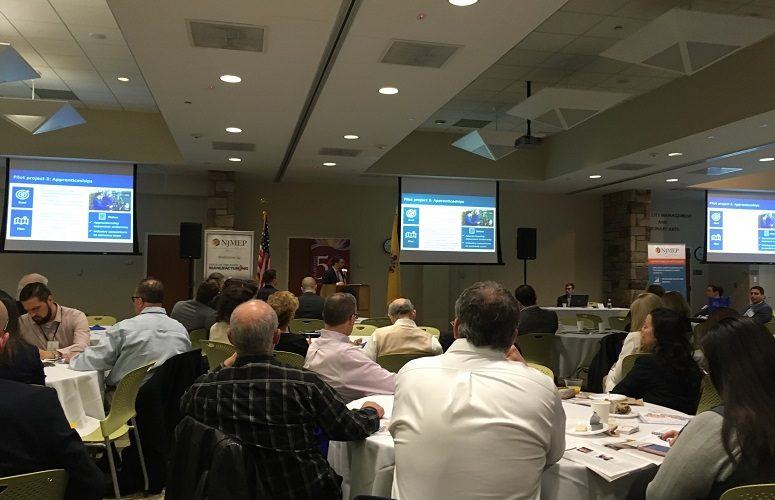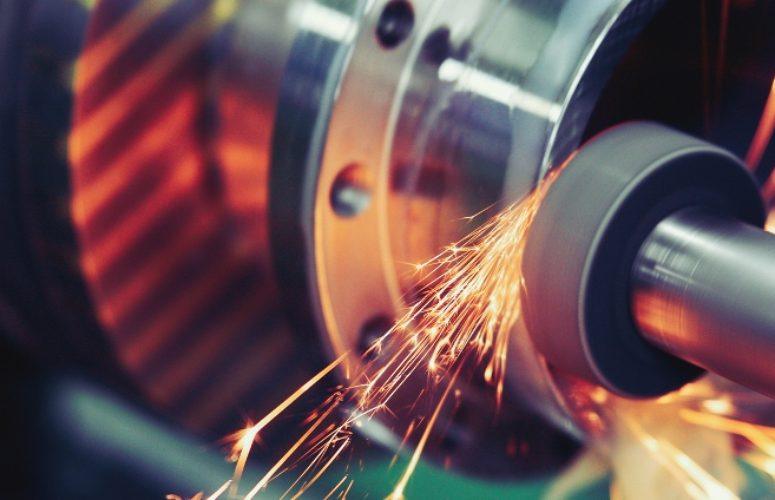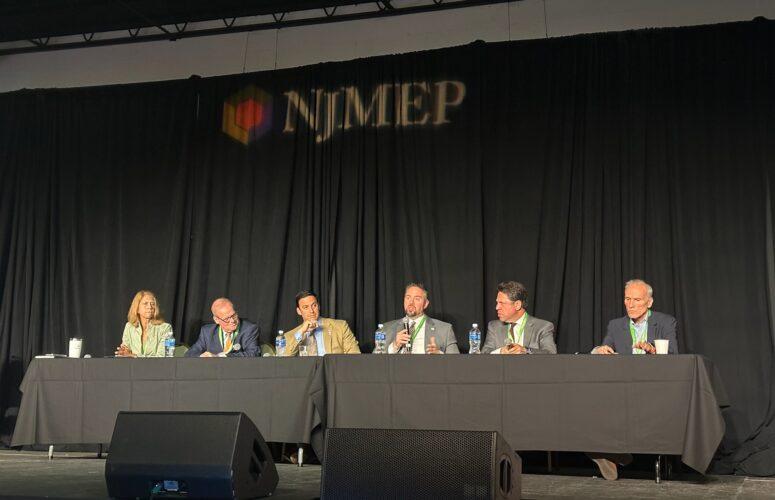
Manufacturing in New Jersey: Triumphs and Challenges
By George N. Saliba, Managing Editor On Mar 29, 2019New Jersey Manufacturing Extension Program’s (NJMEP’s) 3rd Annual State of the State of Manufacturing event, held at the County College of Morris in Randolph in partnership with CIANJ, explored everything from sector statistics and apprenticeship programs, to advanced manufacturing, and myriad government/industry efforts to promote the sector’s state growth, including training necessary workers.
Overarching themes arguably were that although New Jersey has some 11,000 manufacturing firms with approximately 380,000 employees, the sector has challenges including, but not limited to: locating specialized manufacturing workers (such as CNC machine operators) and workers in general; false societal stereotypes that discourage young people from entering the field (e.g., “factories are ‘dirty places’”); and statutory and regulatory burdens.
Event speakers mentioned those and other obstacles, while also showcasing a wide range of new and specific efforts the NJMEP, the New Jersey Economic Development Authority (EDA), the New Jersey Department of Labor and Workforce Development (LWD) and “Manufacturing Caucus” legislators – for example – are engaged in to foster a “worker pipeline” and manufacturing, overall.
Participants/speakers included the likes of: Senator Steve Oroho; NJEDA CEO Tim Sullivan; NJEDA employees Kevin DeSmedt and Eric Solomon; New Jersey Department of Labor and Workforce Development Commissioner Robert Asaro-Angelo; and Congresswoman Mikie Sherrill, for example.
Paul Rettenberg, apprenticeship program manager at the contract manufacturer Weiss-Aug, revealed his company’s tool-and-die-maker apprenticeship program and the value it has not only for Weiss-Aug by producing expert workers, but for the program’s participants. Instead of owing thousands of dollars in college tuition, Rettenberg said Weiss-Aug’s apprentices actually earn a total of $137,000 during the program’s total, four-year duration.
Patricia Moran, formerly of the New Jersey Department of Labor and Workforce Development (LWD) and now an NJMEP employee, spoke – along with her colleagues – about the “NJMEP Team – Pro-Action Educational Network.” In brief, NJMEP can help people in many life situations grow their careers, while simultaneously, again, expand that worker pipeline for manufacturing firms.
Long-time New Jersey icon Donald Sebastian (of NJIT’s New Jersey Innovation Institute), not only provided a historical perspective on aspects of manufacturing, but also said, “One of the issues that we have to face up to is perception problems in manufacturing. It persists, after 25 or 30 years … and it is difficult to unwind that, in the public mind. We have created the [false] belief that the only high-value jobs are white collar, and everyone should aspire to be a doctor, a lawyer, a stock broker.”
Speaking about how children are influenced in their early years, he added, in part, “While it is important that we focus on the things that are at the higher levels – the vocational high schools, associate degree programs, and so on – it is really critical that if we are going to affect the pipeline, that we figure out how to get a passion and an understanding for making things (manufacturing) embedded in the very earliest stages of our education.”
Nearly every event participant directly or indirectly cited the complex web of government, industry, education and general population (workers) necessary to, again, bring New Jersey’s manufacturing sector to the next level. Of note, some speakers had myriad PowerPoint slide programs detailing the precise programs and other endeavors their entities are undertaking to help realize broader visions.
To access more business news, visit NJB News Now.
Related Articles:





